Search results
-

‘The Centre for Attention Learning and Memory (CALM)’ – In conversation Dr. Joni Holmes
In this podcast we speak to the head of The Centre for Attention Learning and Memory (CALM) Dr. Joni Holmes, at the MRC Cognition and Brain Sciences Unit, at the University of Cambridge. Joni discusses the main aims of CALM, the research they have conducted, and the implications for identifying children’s mental health needs.
Read more -

‘Effective e-therapy engagement, and improving Maori families early environment’ In Conversation Prof Sally Merry
We are delighted to have the opportunity to talk to Professor Sally Merry, the Cure Kids Duke Family Chair in Child and Adolescent Mental Health.
Read more -
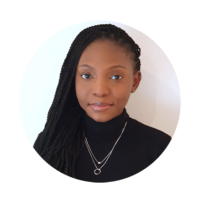
‘Increased mental health difficulties in vulnerable children during lockdown’- In Conversation with Dolapo Adegboye
The third in our JCPP Advances podcast series that focus on the papers and editors featured in the publication is with Dolapo Adegboye, research associate in the Neurodevelopment Assessment Unit (NDAU) at Cardiff University.
Read more -
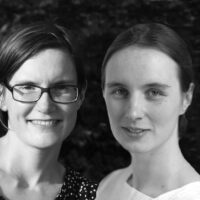
‘Wellbeing, COVID-19 & Worries of German CYP’ – In Conversation Dr. Tanya Poulain & Dr. Mandy Vogel
The second in our JCPP Advances podcast series that focus on the papers and editors featured in the publication is with Dr. Tanya Poulain and Dr. Mandy Vogel discuss their paper ‘Well‐being and COVID‐19‐related worries of German children and adolescents: A longitudinal study from pre‐COVID to the end of lockdown in Spring 2020’, and the wider implications that the pandemic has had on the mental health and wellbeing of young people.
Read more -
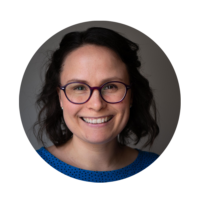
‘Relative Age and Specific Learning Disorder Diagnosis’ – In Conversation with Dr. Bianca Arrhenius
With the launch of our third journal, JCPP Advances, we’re bringing you a series of podcasts that focus on the papers and editors featured in the publication. In this podcast we speak to Dr. Bianca Arrhenius, medical doctor from Helsinki, Finland, and PhD student at the University of Turku, who is lead author on the paper ‘Relative Age and Specific Learning Disorder Diagnosis’.
Read more -

The Centre for Attention Learning and Memory (CALM) Approach to Neurodevelopmental Research – MRC Cognition and Brain Sciences Unit University Of Cambridge
Our thinking around neurodevelopmental disorders is undergoing a period of rapid change. The traditional approach, endorsed by classification systems such as the Diagnostic Statistical Manual, defines neurodevelopmental disorders such as autism and attention-deficit hyperactivity disorder (ADHD) as distinct categories.
Read more -
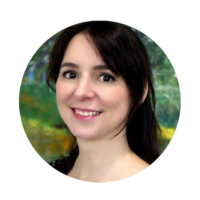
‘ADHD and the implications of a lack of awareness within primary care’ – In Conversation with Blandine French
In this fascinating interview Blandine French discusses her research on understanding GPs awareness of developmental disorders, such as ADHD, and what the implications are of a lack of awareness within primary care, and its impact on young people and their families.
Read more -

The importance of translating research into practice – In Conversation with Professor Mark Dadds
Podcast with clinical psychologist Professor Mark Dadds, Director of the Child Behaviour Research Clinic at the University of Sydney, and winner of the 2020 ACAMH Eric Taylor Translation or Research into Practice Award.
Read more -
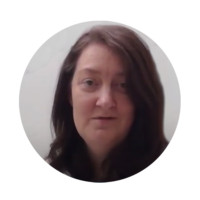
Developmental language disorders, young offenders, and reoffending – CAMHS around the Campfire
‘CAMHS around the Campfire’, is our a free live online journal club. This session was on the JCPP paper by Dr. Maxine Winstanley ‘Developmental language disorders and risk of recidivism among young offenders’. It was recorded on Monday 1 March 2021. Please visit our Events page for details of upcoming sessions. ACAMH members can now receive a CPD certificate for watching this recorded lecture.
Read more -
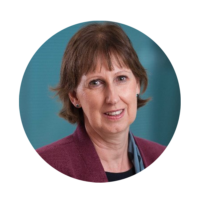
Investigating the interplay of genetics and environment on development – Prof Cathryn Lewis
Professor Cathryn Lewis, Professor of Genetic Epidemiology & Statistics, Head of Department, Social, Genetic & Developmental Psychiatry Centre, King’s College London, discusses the work of her research group and how determining the polygenic component of mental health disorders can be accurately measured, and how to use genetics to assess people’s risk of mental disorder.
Read more